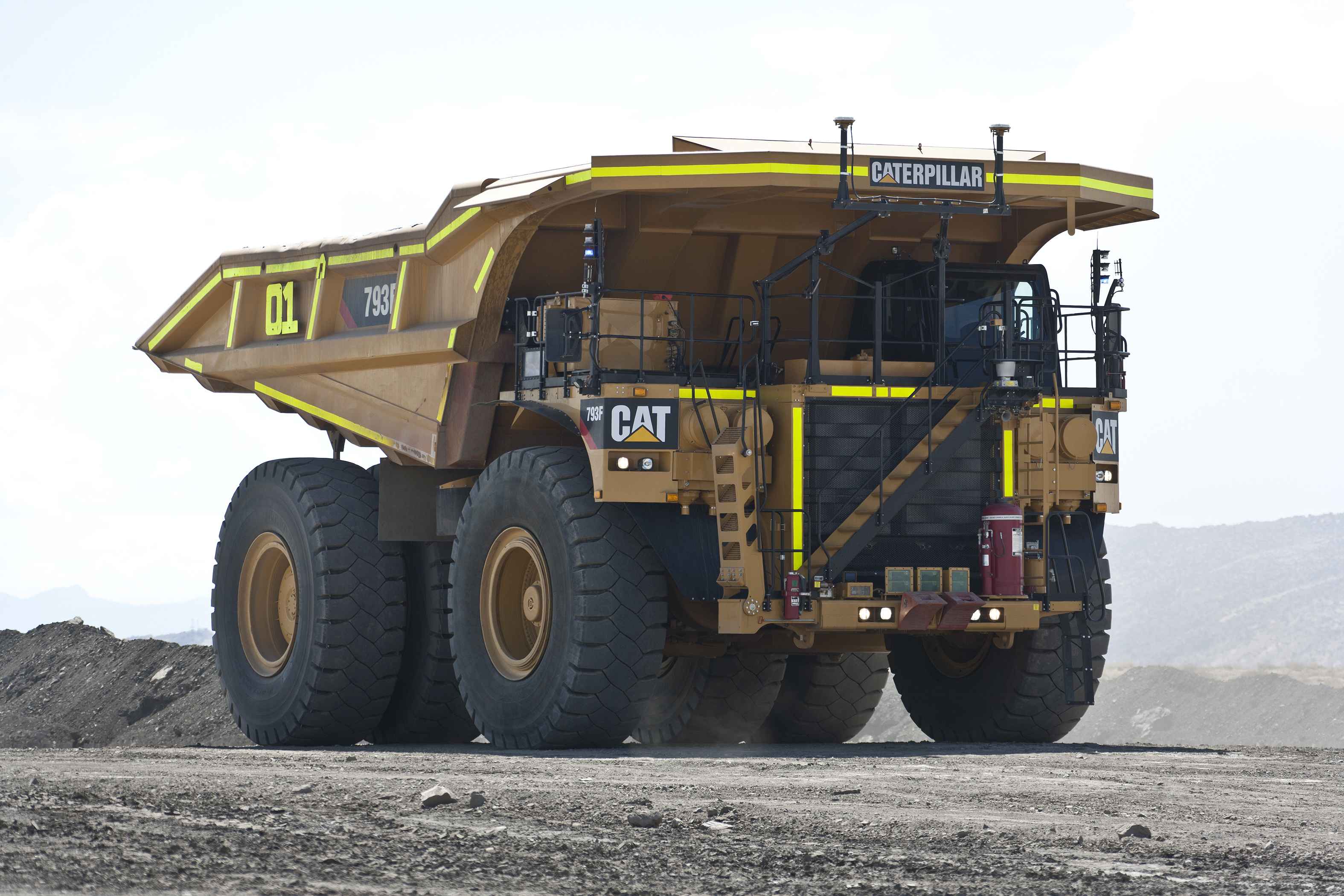
Date: 2026-01-17 Page is: DBtxt003.php txt00005195
Productivity
Hero becomes monster
Forget the Google Car. The Future is Robotic Trucks. Dialog based on the idea that robots can do everything.
Burgess COMMENTARY
My comment on the following post:
What does productivity really mean? For most of history more productivity meant more food and a better quality of life. For thousands of years productivity grew slowly, but in the last 300 years it has increased rapidly. For about 250 years this resulted in better and better quality of life because we all needed more goods and services to support our desired life-style. About 50 years ago ... more or less ... the world went from a state of endemic shortage to one of endemic surplus. Now more productivity means less labor to produce the same goods and services, and we can now see the result of this. The labor economy has been gutted while the return on capital (as measured by profit) has soared. This is unsustainable as long as the way society and the economy goes on functioning in the same old same old way.We have taught profit maximization to many generations of business school students, but there has been little teaching about what is really needed. We need to optimize for people, place and planet ... plus profit ... in a comprehensive way, with a view to people having a better and better quality of life, and the planet being less and less in danger of ecological implosion. The place is where life is lived and quality of life can be measured. The organization is where profit is measured. We need a functional way to measure value just as we measure profit.
The modern economic system is dangerously dysfunctional. The Adam Smith model for a laissez-faire capitalist market driven economic system needs to be reworked because the invisible hand is no longer optimizing for people, but squeezing the living out of us. Productivity that means more profits and less jobs is a monster that will destroy quality of life and wealth more rapidly than there were gains.
There are better ways. It is time that they are embraced.
Peter Burgess TrueValueMetrics
Peter Burgess
Forget the Google Car. The Future is Robotic Trucks.

Everyone seems rightly focused on the coming Google Car. But there are bigger changes lurking for a critical part of our transportation infrastructure: Trucks. And the 5.7 million Americans who drive them.
I spent the last few weeks reporting a column on the future of these autonomous trucks. It was fascinating work which, as my wife can tell you, I can't stop talking about.
Daddy, What Was A Truck Driver?
What I found was both overwhelming and at times, depressing.
The overwhelming: Seeing just how far the technology has progressed. In particular, some of the trucks that Caterpillar Inc. has developed and are now in use at a Fortescue iron mine in Australia. These 240-ton mining trucks can in rudimentary ways 'think for themselves,' making decisions about where to drive and how. A team of technicians monitors them from miles away but they could, like drone pilots, watch them in progress from a Minneapolis living room.
It's still a long way until unmanned trucks hit the actual roads. But the basic technology is already intact and will only improve in the years ahead. This is very real.
The overwhelming part 2: The crisis afflicting trucking companies today, who are short of capable drivers. Every single owner I spoke to brought up the shortage. As they describe it, Generation X does not have any interest in truck-driving as a career. Younger drivers don't want to be on the road for extended periods, and are put off by the sheer hard work of it all.
It does make you see our current unemployment rate in a different light.
That said, watching the progress of autonomous technology makes me concerned about the millions of Americans who make a decent living driving a truck. As I wrote in the column:
A world without truck drivers may eventually be a better one. But for whom?
Which gets us to...
The depressing part: Eventually, changes in our transportation system must be addressed by Congress and future presidents. Using robotic trucks may offer huge advantages for our economy -- if we can plan and pay for new types of roads, embedded sensors, and a set of laws around liability and safety.
Ask those same owners if they have any confidence in Washington and they give a chuckle. For good reason. Our current government hasn't shown much ability to envision and execute these kinds of changes.
All of which means that autonomous trucking will probably first flourish someplace other than America -- in a place like China or even Germany. If that's the case, whatever advantages we have in this technology are likely to fade.
Which puts us in an even worse position: Losing American jobs to Chinese robots.
I look forward to your always excellent comments. And thanks for reading.